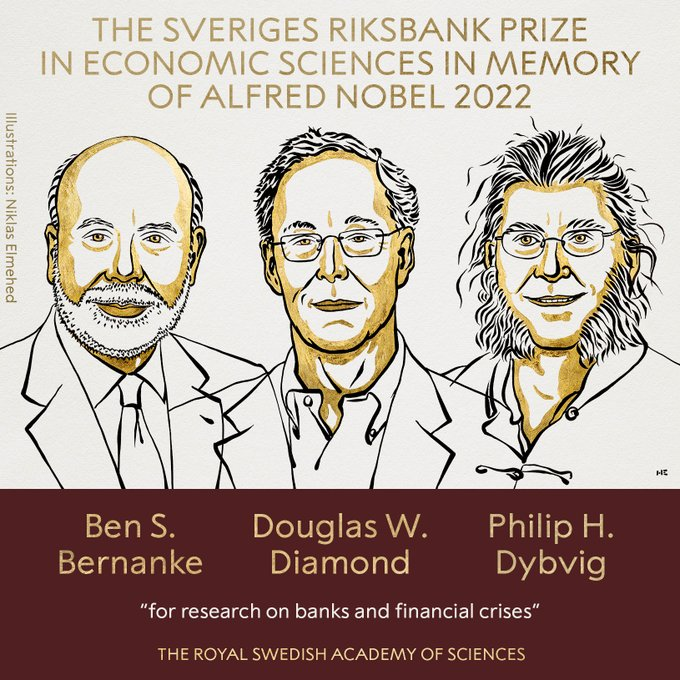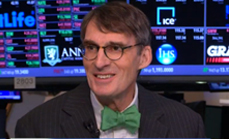So one of the other unintended consequences of this 10 years of suppressed interest rates and predictable Financial interventions by the Fed, well they’ve given us near record-high equity valuations — they did about 15 minutes ago until it ended or at least paused. We don’t know. They gave us, perhaps, more corporate debt for unit of corporate earning power than ever before, and much of this debt is very low quality. They have given us unicorns. They have given us zombies. They have given us all manner of things, some pleasant to be sure but many corrosive.
What they have not given us is any economy wide or political community wide new revelation into the dangers of the manipulation of the most sensitive prices and capital, namely interest rates. That’s my hobby horse but I think it’s a very dangerous road. We haven’t even talked about inflation. Nobody talks about inflation, right?
Imagine we were even in this conversation, like 35 or 40 years ago, when inflation was still at thing, and I said, Albert, what do you suppose the consequences might be of an immense infusion of new bank credit and to the fiscal program that is likely to reach 10% of GDP? How will you guess that would affect the price level?
And you would think to yourself, that idiot. And you would say, because you’re polite, Jim, I suspect that might lead to above higher inflation. But today no one thinks that. You can look at the futures curve and various interest rate derivatives that reflect current thinking on the likely course of rates and inflation and they’re flat.
Nobody is anticipating any adverse inflationary outcome from this, which I find is a remarkable commentary on the complacent thinking. You’re not thinking of complacency with, on most days, VIX readings at 75 and 80. But with respect to inflation and its prospects, there is certainly complacency rampant[ly] so.
~ Jim Grant, "Nobody Knows Anything," interview with Albert Lu of Sprott Media, March 24, 2020











